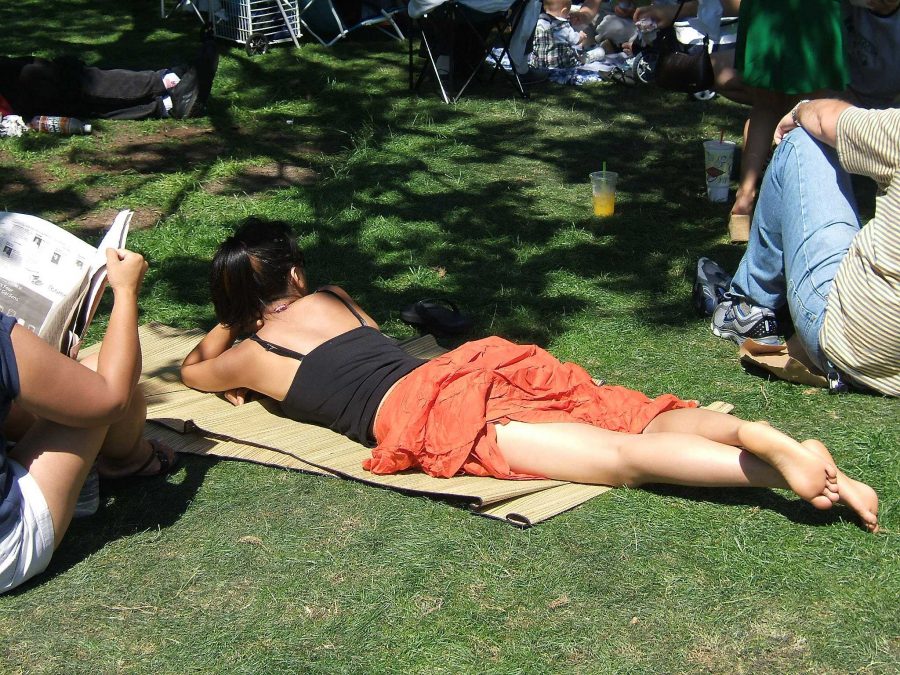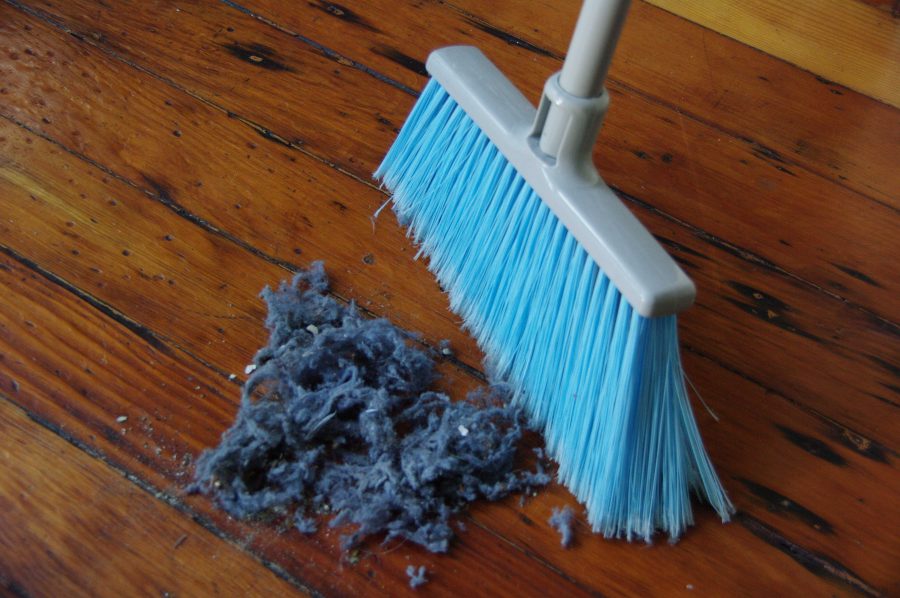By Tasha Friedman
Contributing Writer
There are many ways to acquire that summer glow, including tanning oils, artificial tans, and tanning beds. While some of these methods are considered safe, most of them put you and your skin at risk.
Any tan or sunburn puts one at risk for skin cancer because it damages the skin’s pigmentation and cells.
One way that many teenagers get their “glow” is by going to indoor tanning salons (tanning beds).
Tanning beds are not safer than lying out in the sun; both are harmful for your skin. According to the CDC, “People who begin indoor tanning during adolescence or early adulthood have a higher risk of getting melanoma.”
Exposure to UV rays is what causes the damage to the skin. There are two types of UV rays: UV-B rays, which harm the top layer of skin and cause sunburns, and UV-A rays which harm the deeper layers of the skin and cause rashes.
Tanning beds emit both of these rays, which is why they put users at a high risk of developing skin cancer.
There are other risks to tanning beds and tanning in general that are harmful. One of the other risks is premature aging to the skin.
Premature aging makes the skin look leathery and causes early wrinkling.
Another risk is eye damage that is caused by the UV rays. Wearing sunglasses is useful when outside so your eyes are not completely exposed to the sun and UV rays.
This information isn’t supposed to scare someone into thinking they should never go outside and tan, or if they do go to a tanning booth that they will automatically have skin cancer.
However, it is important to be cautious when it comes to tanning, and if you are going to tan, then tan outside, not in a tanning bed.
There are ways to help lower the risk of damage if tanning outside is something that one does. Sunscreen does not protect your skin 100 percent from UV rays, but it does protect the body more if it is applied.


























